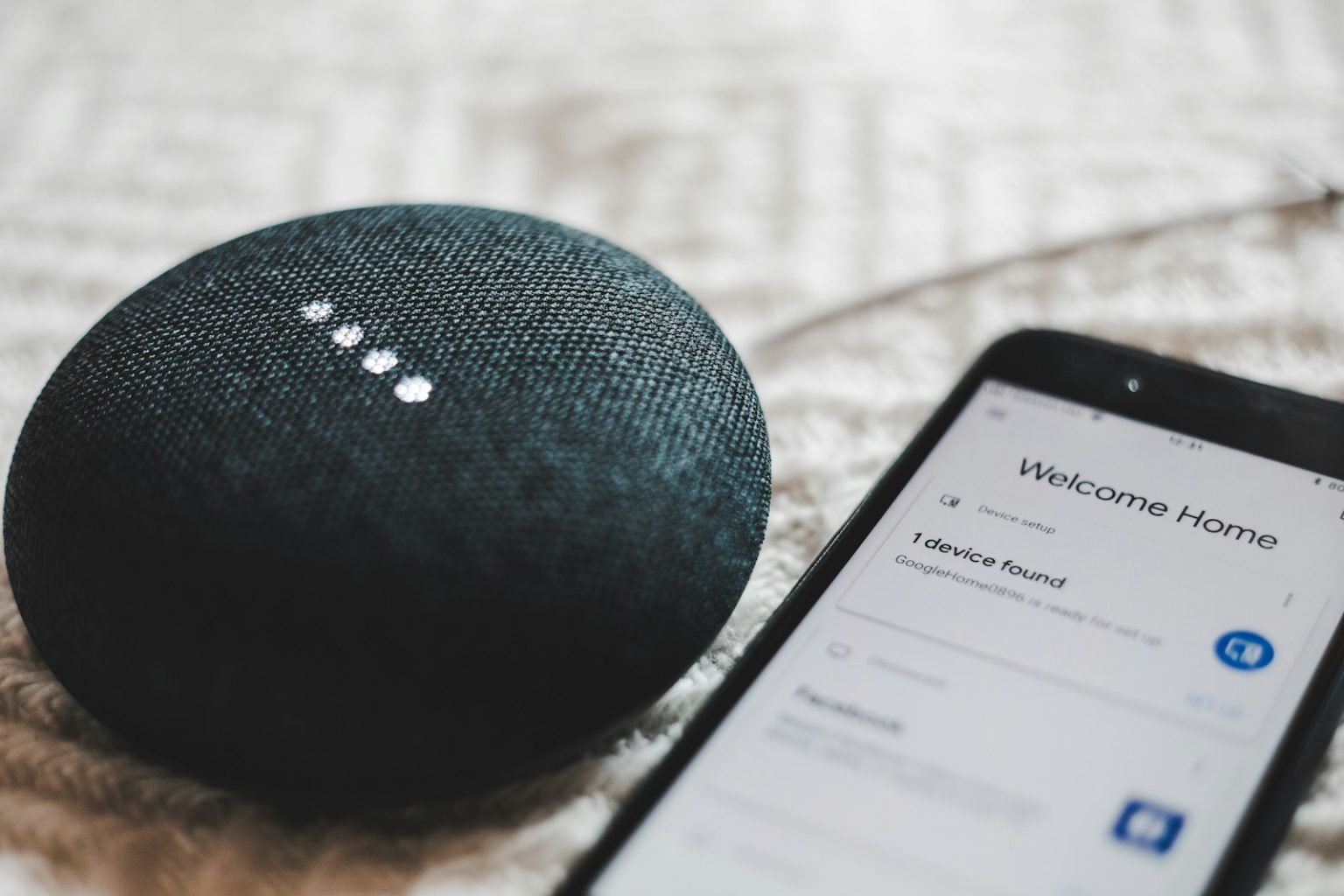The Philippine Connection: Culture Meets Care
When looking at virtual assistant solutions, cultural alignment matters tremendously. The Philippines has emerged as an exceptional source of medical virtual assistants for a compelling reason: their natural caregiving culture.
Nursing is the number one graduating degree in the Philippines, reflecting their cultural emphasis on caregiving. This creates a perfect match for the medical industry, where empathy and patient care are paramount. These assistants bring not just skills but a genuine commitment to helping others.
What makes this partnership especially powerful is the shared values between healthcare professionals and Filipino virtual assistants:
- A refusal to give up when facing challenges
- A team-oriented approach to problem-solving
- The desire to get things right the first time
- A natural empathy that translates well to patient interactions
These characteristics mirror what I’ve observed in successful entrepreneurs, athletes, and business leaders—a desire to maximize potential and deliver excellence consistently.
View this post on Instagram
Overcoming Privacy and Compliance Hurdles
One of the biggest concerns medical practices have about virtual assistants is privacy. HIPAA guidelines and patient confidentiality are non-negotiable, and rightfully so.
Before the pandemic, these concerns created significant barriers to adoption. Medical practices were hesitant to trust remote workers with sensitive information, especially those working internationally. The conversation with physicians and practice managers involved numerous hurdles just to consider the possibility.
When COVID hit, it forced everyone’s hand. Suddenly, remote care wasn’t optional—it was essential. This crisis created an opportunity for medical virtual assistant services to demonstrate their reliability and compliance capabilities.
The medical industry is traditionally slow to adopt new technologies and workflows, but the pandemic accelerated what might have taken a decade into just a few months. Now that practices have experienced the benefits, there’s no going back—though some resistance still exists.
The Economic and Operational Benefits
The growth numbers tell the story. One medical virtual assistant company grew from $46,000 in revenue in 2019 to over $16 million today. This hockey-stick growth reflects the enormous value these services provide.
For medical practices facing staffing shortages and rising costs, virtual assistants offer a compelling solution:
- Cost savings compared to local hiring
- Access to trained medical professionals
- Ability to scale support as needed
- Reduced administrative burden on clinical staff
- Improved patient experience through better support
The most successful implementations happen when practices view their virtual assistants as true partners rather than just outsourced labor. Building relationships and understanding the cultural strengths these assistants bring creates a foundation for long-term success.
Looking Forward: The Future of Medical Virtual Assistance
Despite the rapid growth, we’re still in the early stages of this transformation. Many medical practices haven’t yet embraced virtual assistance, creating substantial room for continued expansion.
The next evolution will likely involve integrating AI tools with human virtual assistants, creating hybrid solutions that maximize efficiency while maintaining the human touch essential in healthcare.
What excites me most is how this model creates opportunities on both sides of the equation. American medical practices gain access to skilled support at reasonable costs, while Filipino professionals gain access to meaningful work with competitive compensation.
For entrepreneurs considering this space, the timing couldn’t be better. The medical industry has crossed the adoption threshold, but there’s still plenty of growth ahead as practices become more comfortable with remote support models.
The key to success will be maintaining that perfect balance between technological efficiency and human empathy—something that the best virtual assistant services understand intuitively.
As we navigate the changing healthcare landscape, virtual assistants will continue to play an increasingly vital role. Those medical practices that embrace this resource will find themselves with a powerful competitive advantage in delivering better patient care while managing costs effectively.







